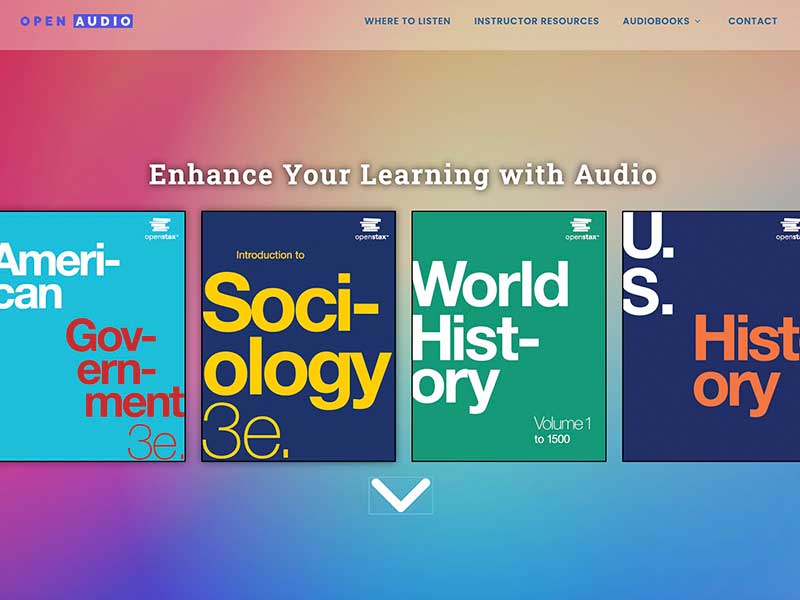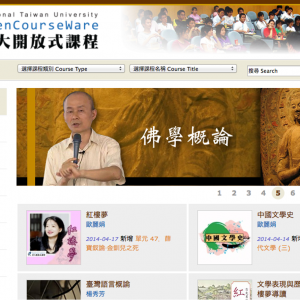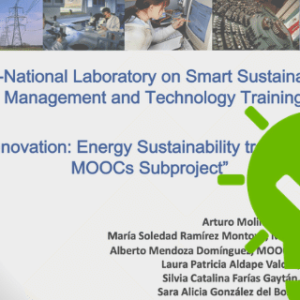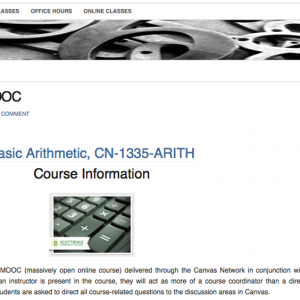Audiobooks serve as a crucial resource for a wide range of learners, offering exceptional accessibility and convenience. They are especially beneficial for students with visual impairments and learning disabilities, allowing them to engage with content without the need for visual input. ESL students gain from hearing proper pronunciation, which helps improve their language abilities. Additionally, busy students managing work or parenting responsibilities, as well as commuters, can utilize their time efficiently by learning on the go.
For those who learn best through listening, audiobooks match their preferred learning style, enhancing both comprehension and engagement. Overall, audiobooks make education more inclusive and effective for everyone. However, human narration of a college textbook can take significant amounts of time, money, technology, and energy to produce. Brian Barrick, a Political Science instructor at LA Harbor College, set out to change that.
Brian opened up new learning opportunities for students when he created his first OER audiobook as part of the CC ECHO grant. He and a student, Sarah Arya, collaborated on narrating the OpenStax American Government audiobook, which involved a significant effort to cover the extensive 17-chapter textbook. This project was immediately well-received by both students and faculty. Brian also created the Open Audio website, to direct users to the places they can stream the audiobook and a place for instructors to find helpful videos and LMS course shells for them to import with audio players embedded right in.
Encouraged by the positive reception, Brian expanded his digital education efforts in 2023 by utilizing artificial intelligence voice models, specifically from ElevenLabs, to produce audiobooks for two additional OpenStax titles: World History, Vol. 1, and Introduction to Sociology. The Sociology audiobook was particularly successful, achieving over 850 podcast downloads within the first month of its release. The many hours of human narration that Brian and Sarah put into the American Government audiobook was the base for which the AI narration tool was able to learn and build from, speeding up audiobook creation significantly.
ElevenLabs is a technology company specializing in creating highly realistic AI voice models, which transform written text into spoken word with remarkable clarity compared to traditional text-to-speech software. Brian continues to leverage this AI narration technology to produce more audiobooks from OpenStax textbooks and he is currently producing the US History audiobook with an estimated completion date of summer 2024.
Brian is always willing to assist anyone interested in creating OER audiobooks and using AI narration. His extensive knowledge of audio/video technology and passion for open education make him a leader in the field of OER audiobooks using AI narration. I believe Brian will pave the way for the open education community to create more audiobook versions of openly licensed textbooks using AI.
Award Nominator
The creation of talking books from a digital text file is not new but the use of AI to improve/vary both the voice used and to do so much more quickly than standard narration is helpful. This project, through the uptake figures, shows that there is market need for such audio books of open texts. All that is needed now is to train the AI to be more effective in its narration to offer a cheap way to create even more audiobooks that can serve many audiences.
Award Reviewer
Fantastic use of AI for Open. WOW!!! This needs to be highlighted and replicated for more OER.
Award Reviewer



